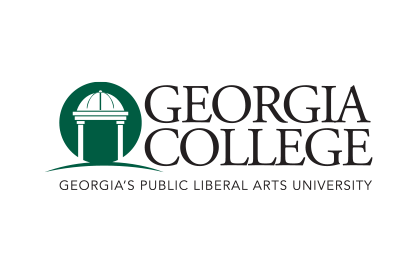Project Title
College Recruiting Practices and Their Impact on Student College Choice
Faculty Mentor(s) Name(s)
Stephanie McClure
Abstract
The pipeline of students from high school to college or university has changed over several years but the college recruitment process does not necessarily target all students equally. Colleges do not passively accept students, but they actively recruit them. These recruitment practices impact college access, success, and sense of belonging for different students (Syed and Johnson 2021). According to Fryar and Hawes (2011), we know very little about recruitment variations across race and gender. Under an increasingly neoliberal environment, what Slaughter and Rhoades have defined as academic capitalism, “a higher education regime in which the logics of profit, privatization, and marketization influence the behavior of colleges and universities” (Salazar, Jacquette, and Han 2021), discourses of diversity (Hakkola 2019) take second place to recruiting practices that prioritize students that can pay the full bill. Ours is a multi-method case study of a single institution’s recruiting practices that will employ content analysis, in-person in-depth interviewing, and survey data collection. We anticipate we will find that the institution’s recruitment practices almost certainly contribute to the largely homogenous student body (in terms of race, class, gender, and other social positions which are correlated with these categories). Our hope is that through this research recommendations can be developed regarding inclusive recruiting practices and improved cultural knowledge that can contribute to modifications of existing practice.
College Recruiting Practices and Their Impact on Student College Choice
The pipeline of students from high school to college or university has changed over several years but the college recruitment process does not necessarily target all students equally. Colleges do not passively accept students, but they actively recruit them. These recruitment practices impact college access, success, and sense of belonging for different students (Syed and Johnson 2021). According to Fryar and Hawes (2011), we know very little about recruitment variations across race and gender. Under an increasingly neoliberal environment, what Slaughter and Rhoades have defined as academic capitalism, “a higher education regime in which the logics of profit, privatization, and marketization influence the behavior of colleges and universities” (Salazar, Jacquette, and Han 2021), discourses of diversity (Hakkola 2019) take second place to recruiting practices that prioritize students that can pay the full bill. Ours is a multi-method case study of a single institution’s recruiting practices that will employ content analysis, in-person in-depth interviewing, and survey data collection. We anticipate we will find that the institution’s recruitment practices almost certainly contribute to the largely homogenous student body (in terms of race, class, gender, and other social positions which are correlated with these categories). Our hope is that through this research recommendations can be developed regarding inclusive recruiting practices and improved cultural knowledge that can contribute to modifications of existing practice.

